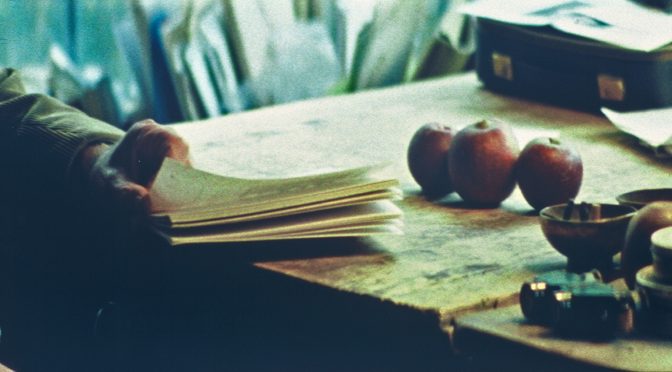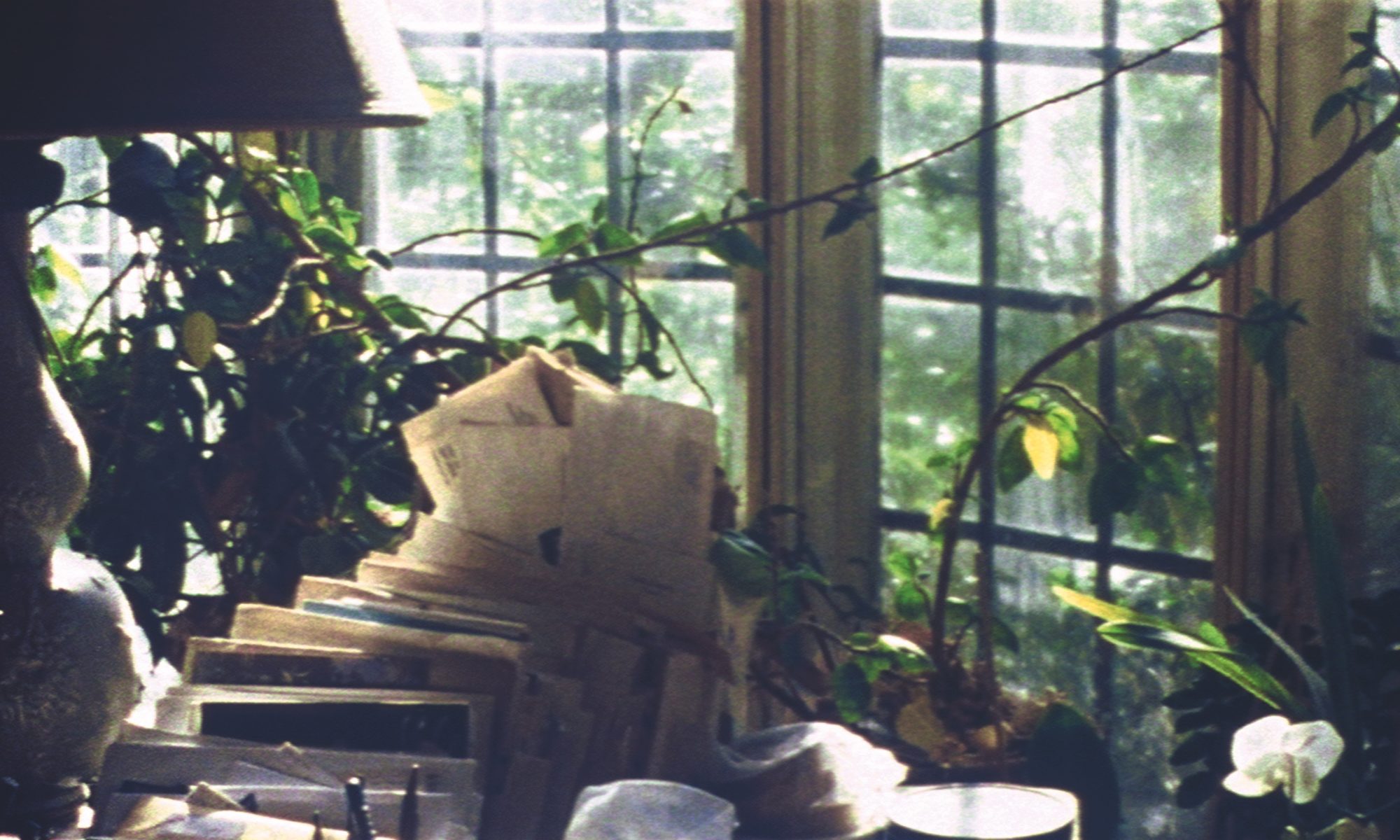Artists tend to work across disciplines and “art cannot be disciplined” (Hito Steyerl). Taking the case of W.G. Sebald’s interdisciplinary word and image practice on memory and presences of (migratory) lives as touchstone for our discussions, this conference seeks to foster academic, professional, artistic and public scholarship by exploring cutting-edge interdisciplinary research, findings, techniques, practices and theoretical advances in the areas of memory, word and image. Which role do art and literature play in this regard?
The conference turns to a fascinating author, whose work resonates with questions of memory, interdisciplinarity and related artistic practice. Sebald was engaged with the “enigmatic difference” between material truth and historic truth that Jacques Derrida notes in Archive Fever. His literary prose, which exists in the interspace of poetry, novel, essay, (auto)biography, Shoah memorial and travelogue, contains meticulous reflections on non-human entities and natural phenomena. Sebald’s writing generates peculiar relationships between the world of words, objects and the world of images, manifested in his specific practice of embedding images into the tissue of the text. It is not surprising that artists have been among his most prolific interpreters. Sebald’s work serves as a model for current “writing with images” (Elkins) and interdisciplinary projects on the present-day aftermath of wars, as well as today’s plight of migrants and refugees. Exhibitions gathering Sebald’s artistic legacies multiply issues of memory and heritage relevant to this conference theme.
The conference invites scholars, artists and other practitioners with a stake in these questions to present papers, posters or workshops, which critically analyze these issues and especially consider the role of interdisciplinarity in their case studies. Topics include, but are not limited to considering memory and interdisciplinarity in relation to:
- art’s responses to literature
- politics of memory, identity and cultural imagination
- writing with images
- migration and borders
- museums and (literary) exhibitions
- politics of intervention and resistance narratives
- artistic, writerly and scholarly strategies to deal with post-war realities
- non-human witnesses of trauma
- crossing disciplines to slow down reception
Please send abstracts (250 words max), including a short bio (150 words max), by 20 June 2019 to AHMsebaldconference2019@gmail.com. Registration/coffee: 50 Euro; students etc. 25 Euro

